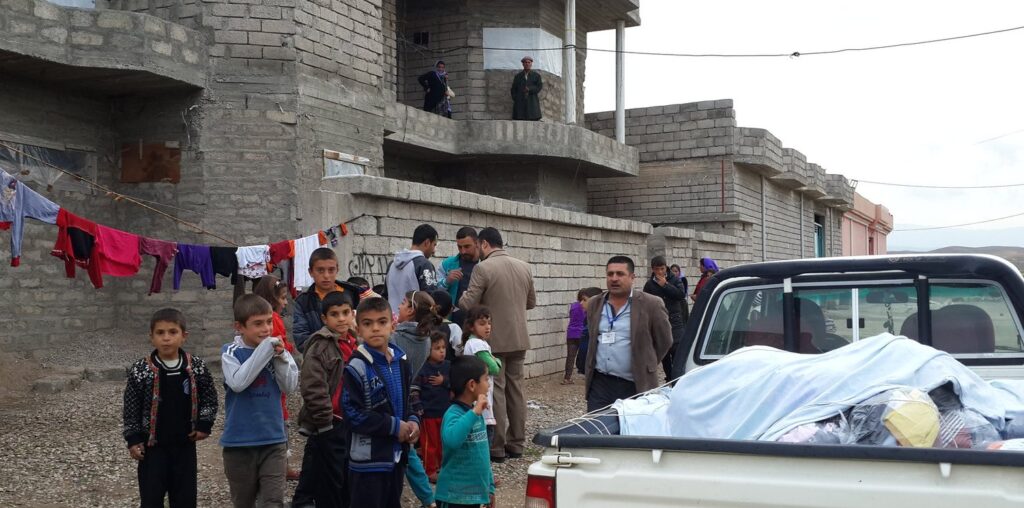
(ANALYSIS) On Oct. 14, a trial of a Dutch member of Daesh, also known as the Islamic State group, began in The Hague, Netherlands.
The Dutch national, known as Hasna A., is being tried for crimes against Yazidi women. As commented by Yazda, a Yazidi-led nongovernmental organization, the trial represents a pivotal moment in the global fight for justice and accountability for crimes committed by Daesh, over a decade after the start of the Yazidi genocide.
On Aug. 3, 2014, Daesh launched a devastating attack on Sinjar, inflicting widespread atrocities on the Yazidi community. The terror group killed thousands, predominantly targeting men and elderly women, while abducting boys to forcibly conscript them as child soldiers. Thousands of women and girls were kidnapped and subjected to sexual slavery and violence.
To this day, over 2,600 Yazidi women and children remain unaccounted for. Daesh’s crimes included murder, enslavement, deportation and forced displacement. The group systematically imprisoned, tortured, abducted, exploited, abused, raped and coerced women into marriages across the region.
In the days following the Sinjar assault, Daesh expanded its campaign of terror to other communities in the Nineveh Plains — causing 120,000 people to flee in the dead of night in a desperate bid to save their lives. The atrocities are now formally recognized as genocide by international bodies, several states and parliamentarians globally.
Ten years later, Hasna A. is facing charges for alleged membership in the terrorist group, for allegedly endangering her minor son by taking him to Daesh-controlled territory in Syria in 2015, and for slavery as a crime against humanity. She stands accused of enslaving two Yazidi women, identified as “Z” and “S,” who were allegedly forced into domestic servitude and tasked with caring for the accused’s son.
The trial is being held in the Netherlands under secondary universal jurisdiction (or extraterritorial jurisdiction), which permits Dutch courts to prosecute international crimes, including genocide and crimes against humanity, even if the offenses were committed outside the country.

